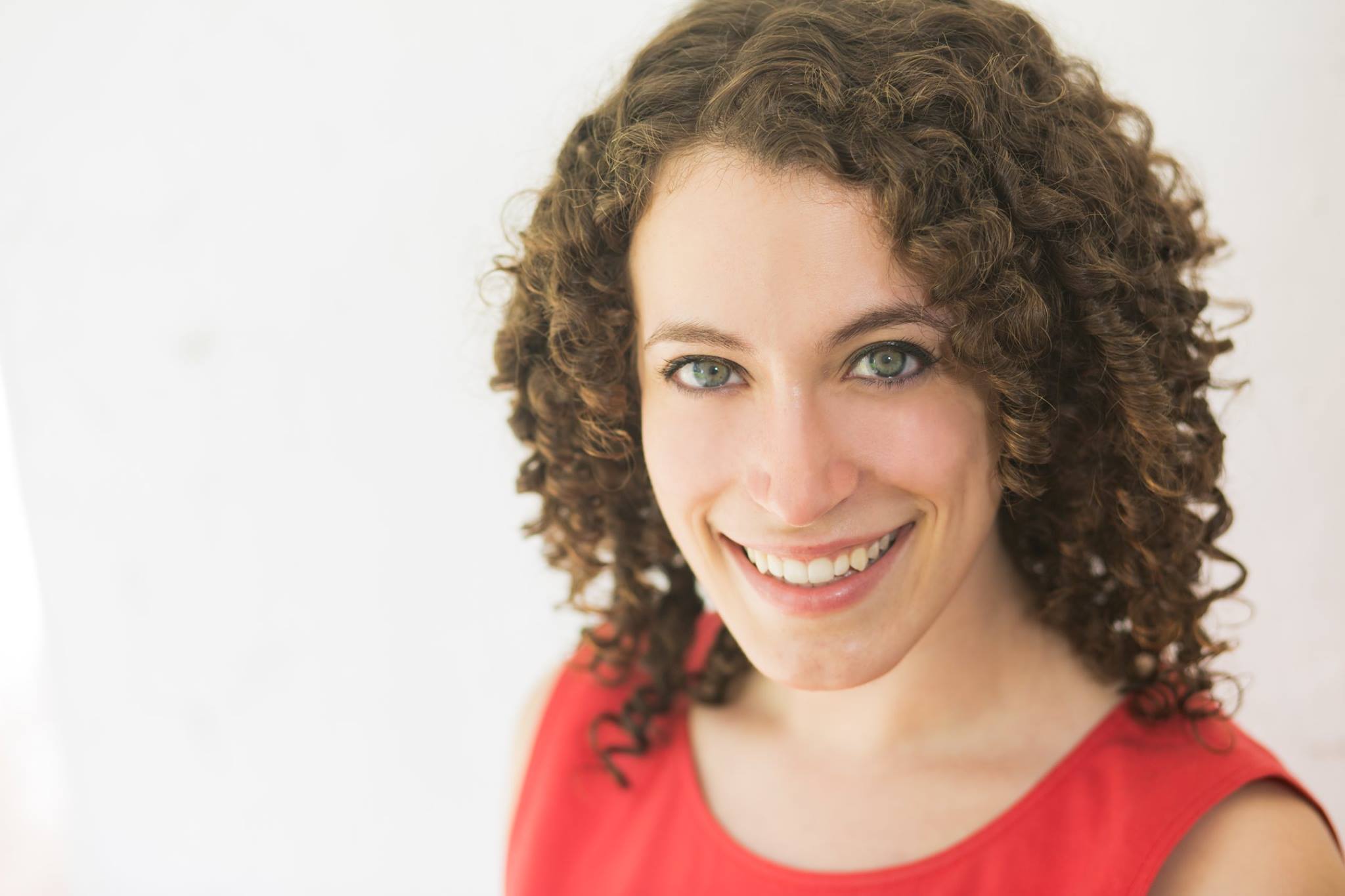By Naomi Rosen
Female Genital Mutilation/Cutting (FGM/C), although often surrounded by secrecy and taboo, is now discussed more frequently in the media. Activist groups such as Sahiyo are taking great steps to heighten awareness and dialogue, within relational, familial, and community contexts, because the practice is often hidden, shameful, and the subject is therefore avoided. In many cultures and contexts, it is already difficult to talk about women’s bodies and women’s sexuality, but when talking about FGM/C, the discomfort and silence are compounded by generations of tradition, ideas about what it means to be feminine and pure, religious beliefs, and a multitude of other reasons dependent on geographical, cultural, religious, and personal contexts.
Art is a helpful tool and medium in supporting communities affected by FGM/C to express and explore the topic of FGM/C in a way that feels less threatening and can allow for more openness and dialogue. Creative practices allow for what is secret and taboo to be brought to light. It encourages the exploration of what is unexplainable through words, and allows for the unheard to be spoken aloud, and for individuals to truly listen to and empathize with one another. Art can heal emotional wounds through the creation of meaning-making and metaphor.
This year as a German Chancellor Fellow through the Alexander von Humboldt Foundation and under the guidance of Tobe Levin von Gleichen, I have been interviewing organizations and individuals in Germany, but also more broadly in Europe and the United States, to explore how the arts can serve as a tool for trauma healing and dialogue with communities affected by FGM/C and other forms of Gender-Based Violence. I have learned creative practices are utilized with communities affected by FGM/C and the unique role the arts can serve.
The purpose of compiling this information through my various interviews is to create a handbook to support organizations, practitioners, and direct-service providers in utilizing art and creative approaches in their daily practice. The handbook seeks to expand the definition of “art” to include storytelling, gardening, cooking, and more. It will suggest unique ways to use the arts, from generating intergenerational dialogue to creating spaces for prevention and awareness-raising in gender violence. The resulting publication will also contain descriptions of the organizations I have interviewed and their contact information so that these organizations can be connected with one another and to other individuals for future collaboration and knowledge-sharing.
While FGM/C is a custom that for generations has been hidden, the utilization of the arts can create the opportunity for healing from potential traumatic responses as a result of the practice, as well as fostering dialogue that may not be possible otherwise.
For more information, please contact Naomi Rosen at This email address is being protected from spambots. You need JavaScript enabled to view it.
For more information on Tobe Levin von Gleichen and her publishing company, UnCut Voices Press, visit the blog https://uncutvoices.wordpress.com
———————————————————————-

Naomi Rosen lives in Frankfurt, Germany. After completing at B.S. in Theater at Northwestern University, she was a Northwestern University Public Interest Program Fellow (NUPIP), where she witnesses the role art and theater can play in healing and change in working with at-risk youth. She went on to pursue her Masters in Social Work at University of Chicago’s School of Social Service Administration where she specialized in Trauma-Informed Practice, Creative Arts Therapies, LGBTQ Affirmative Practice, and Multicultural, Multisystemic Practice with trainings at Live Oak Therapy Practice. Naomi is currently a German Chancellor Fellow through the Alexander von Humboldt Foundation where she is writing a handbook about arts-based methods to support communities affected by FGM and other forms of Gender-Based Violence.
